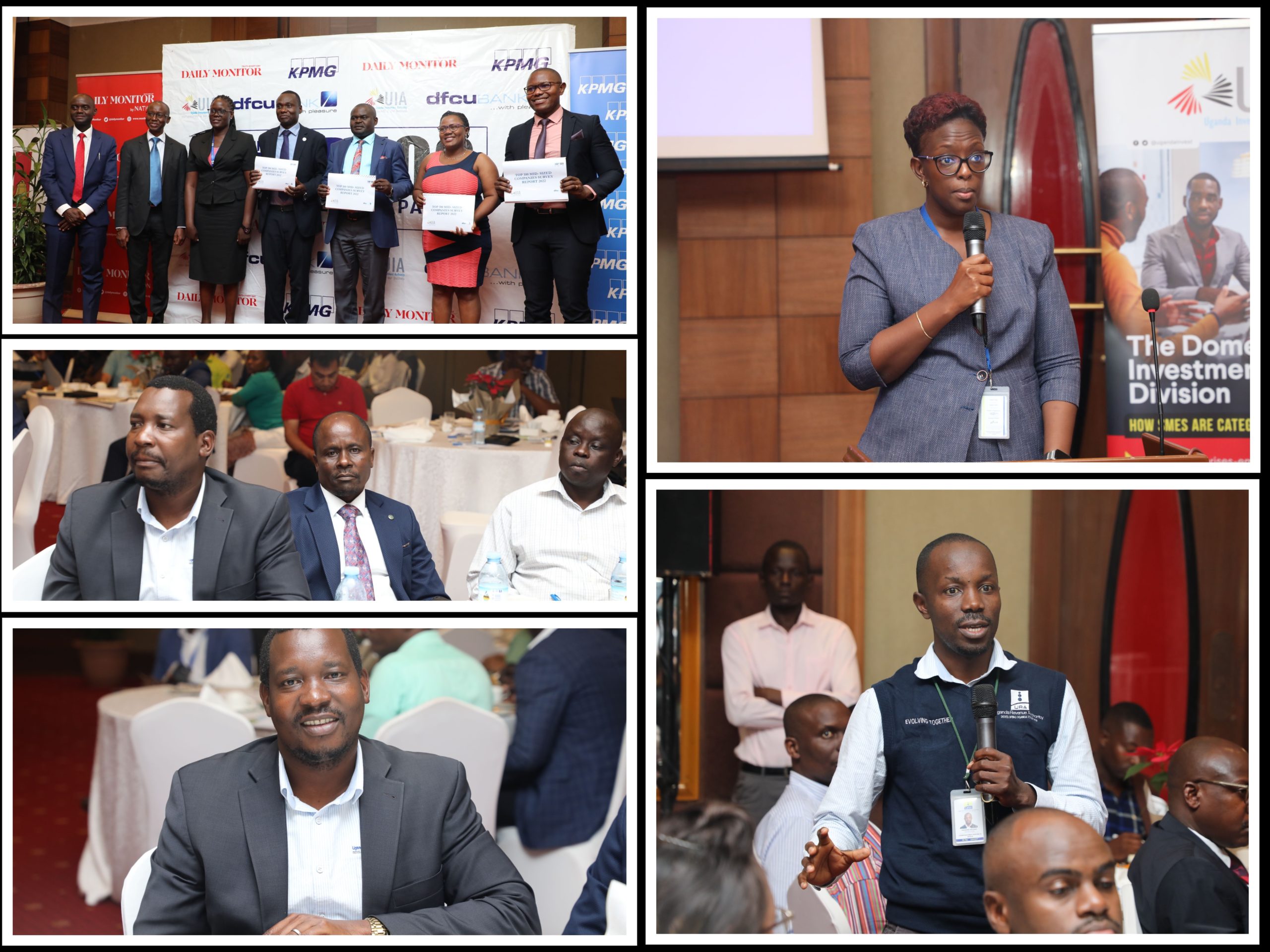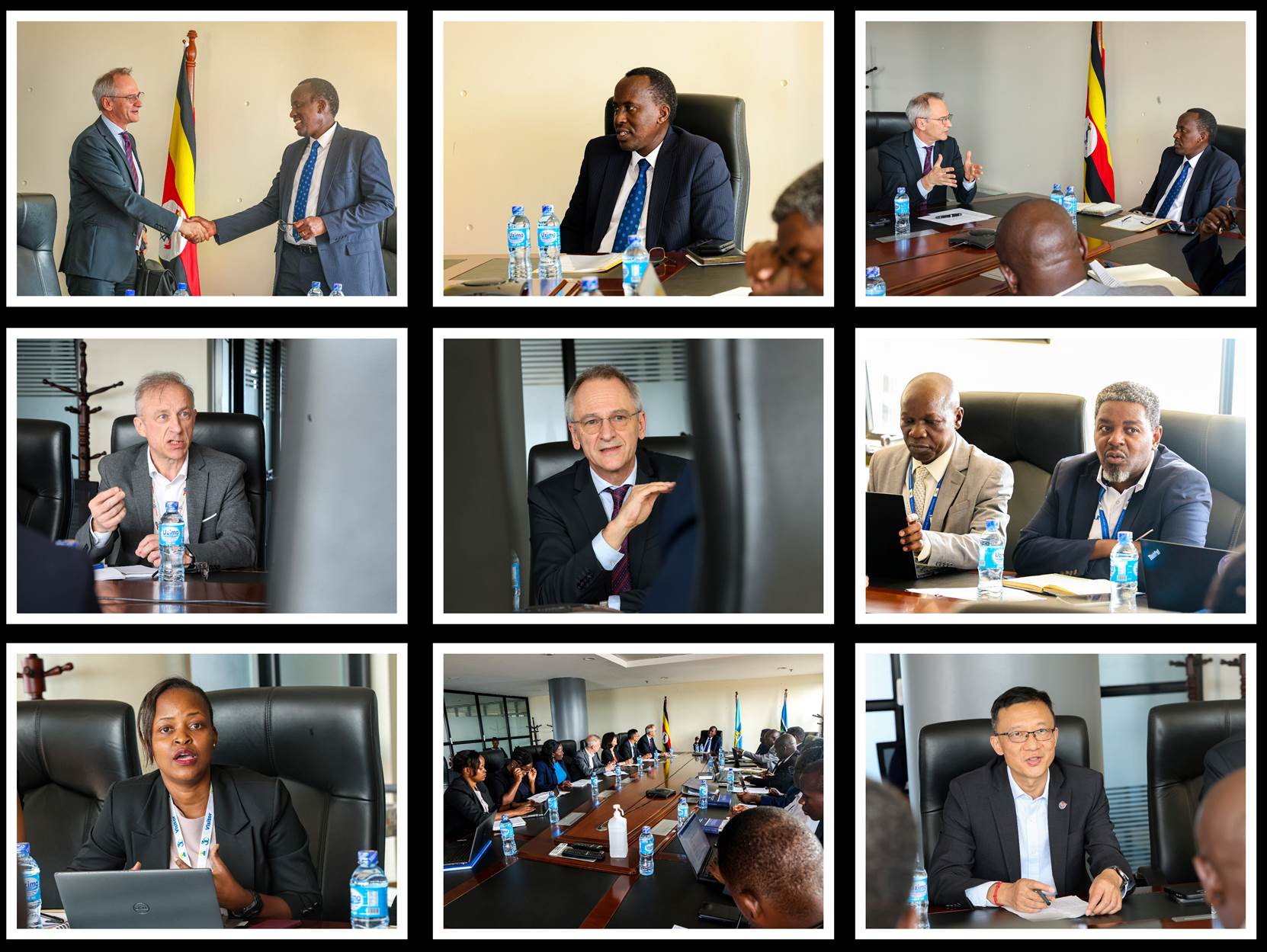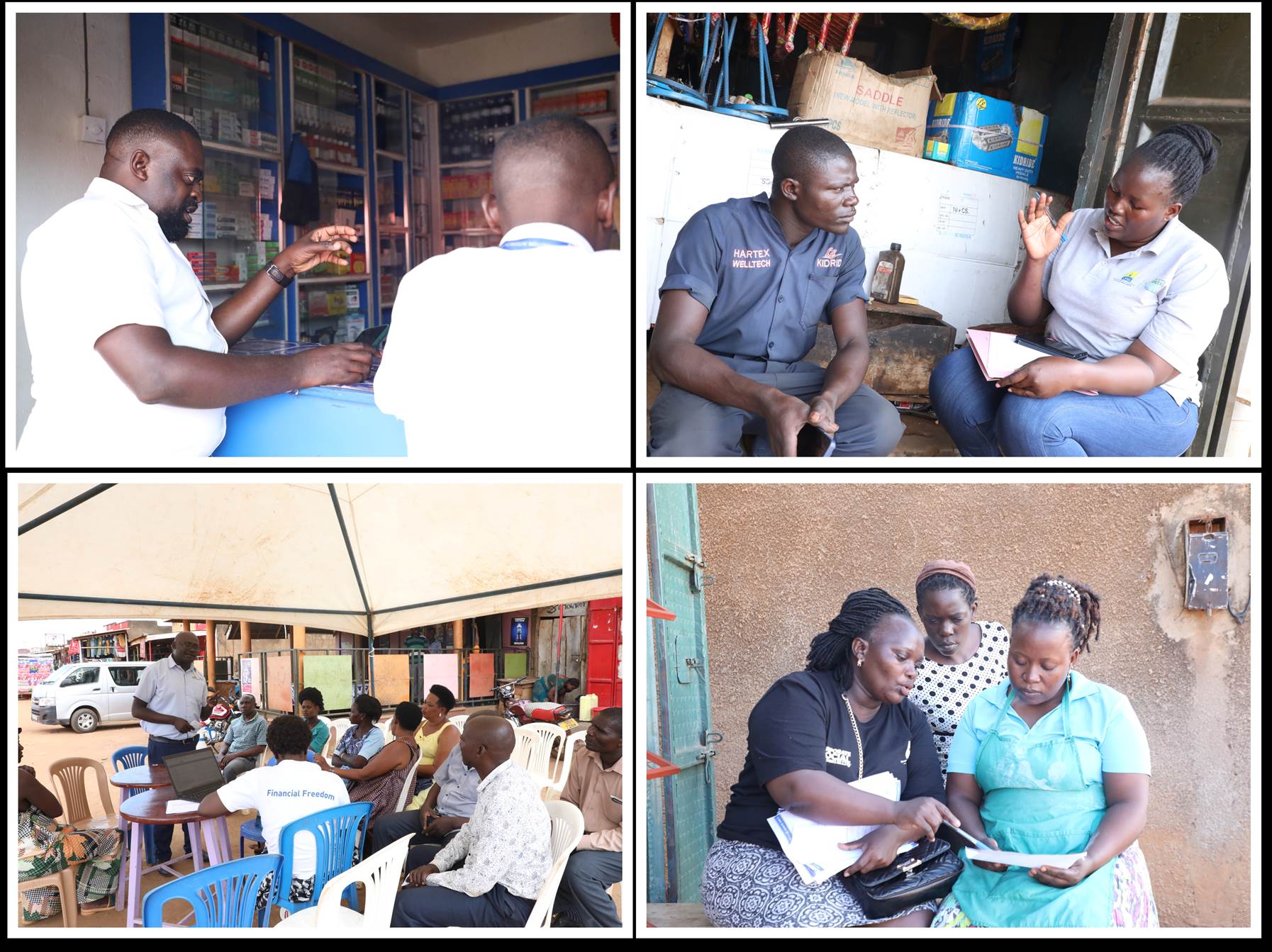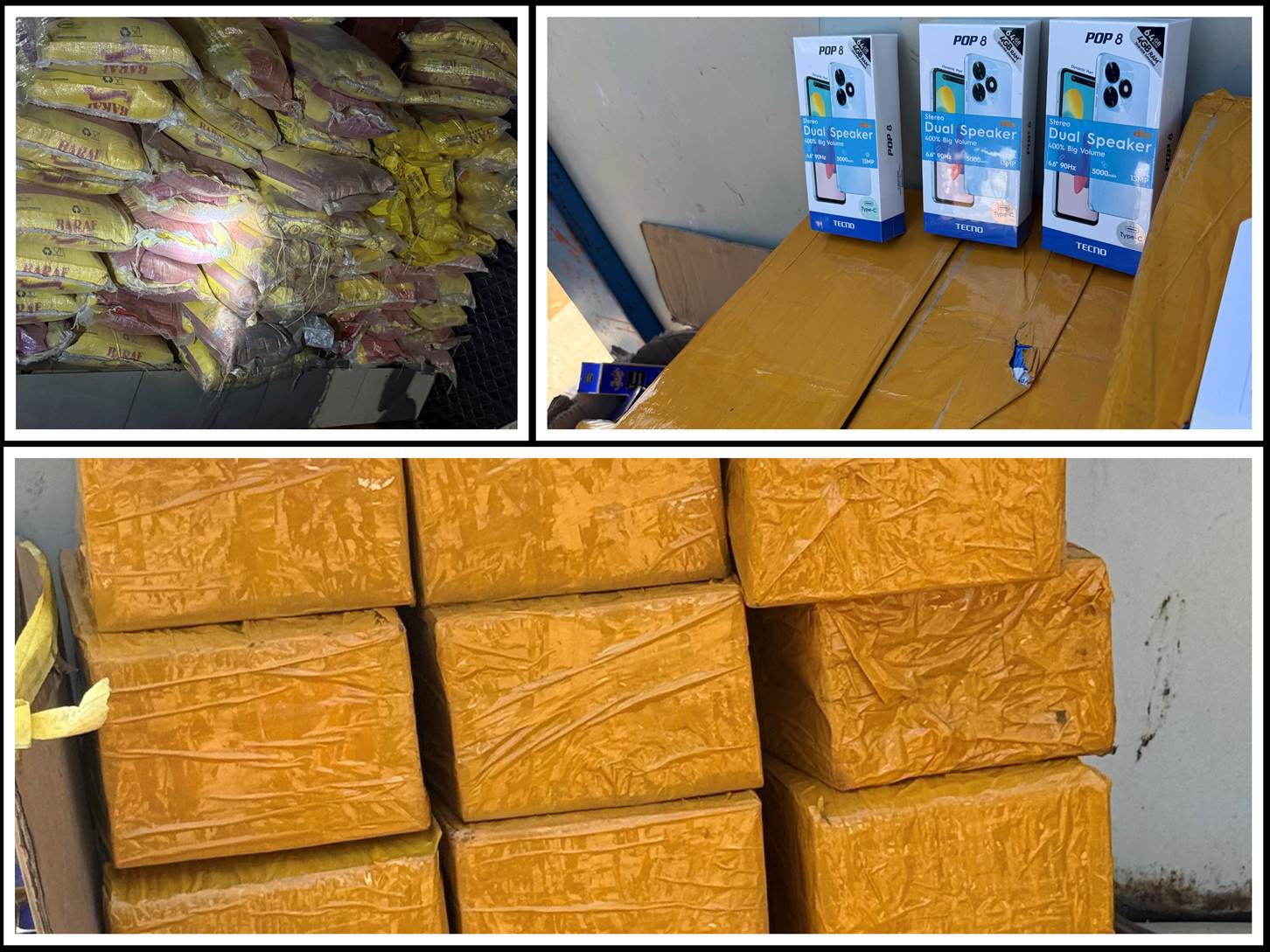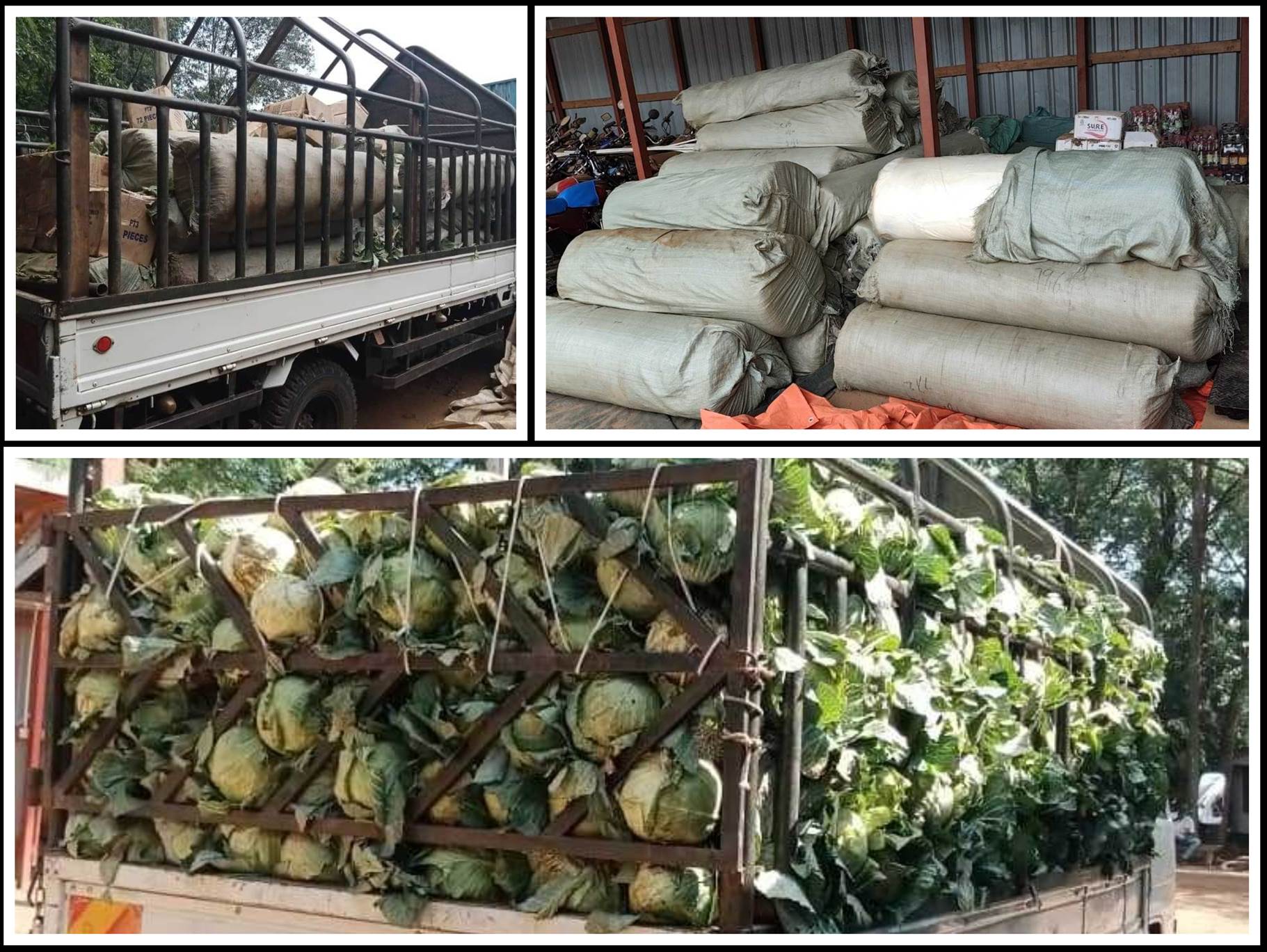By Irene Kabakama
Small & Medium Enterprises (SMEs) are important for their contribution to employment, economic growth, innovations and the diversity of competition they bring to the markets for inclusiveness and sustainable economic growth. However, their informality has made it difficult for URA to correctly assess and enforce payment of taxes because they cannot track their business expenditures and incomes.
It is against this background that Sandra Kaitare, the Ag. Commissioner Domestic Taxes recently engaged the SMEs on how to comply with URA. This was at an engagement dubbed the annual top 100 mid-sized companies held at Sheraton hotel.
At the conference, she urged business people to formalise and also utilize the Voluntary Disclosure window which is not to victimise anybody but to support them comply.
“As URA, we are here to support voluntary compliance by putting in place effective systems and processes to allow you comply,” Kaitare said.
On proper business practices, Kaitare advised the entrepreneurs to do thorough tax planning, use credible tax agents and keep records to avoid estimated tax assessments. She also encouraged them to utilize incentives provided by government like; tax exemptions, facilities under free zones and industrial parks, signing Memorandum of Understanding to ease tax payment.
Currently, URA is heavily relying on technology as a key enabler in facilitating the compliance of taxpayers to meet their tax obligations and subsequently mobilise revenue. Some of these key technologies include; the Electronic Fiscal Receipting & Invoicing Solution (EFRIS), Digital Tracking Solution (DTS), Bonded Warehouse Information Management System (BWIMS) to improve business efficiencies and combat revenue leakage.
The top 100 mid-sized survey is an initiative to recognize the contribution of SMEs to the economy. It is organized by Nation Media Group and KPMG with funding from DFCU bank and Uganda Investment Authority.


